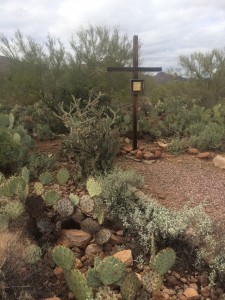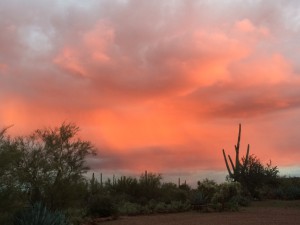Re-posted with permission from www.benedictinecenter.org
Two questions have plagued me over the years: How does one bring God into the process of making decisions, and how does one know if a thought is appropriate?
As a Benedictine Oblate, I knew of the Benedictine Center’s School of Discernment but did not immediately make the connection that the school, conducted by Dr. Kathleen Cahalan of St. John’s School of Theology Seminary, was exactly what I needed. Cahalan defines discernment as, “Following the inclination of Grace, those personal, subtle promptings of the Holy Spirit,” and adds that, “Decisions become sacraments of grace when we yield to ‘Your will be done on earth as it is in Heaven.’”
It took about two seconds for me to check my schedule and sign up for the class. During the retreat, Cahalan introduced what she called afflicted thoughts, offered tools to recognize and eliminate them, and finally, suggested practical ways to bring God into the process of making decisions.
Not long after the school ended, I was able to apply what I learned, in particular, how to bring God into my decision-making. I was asked to join my parish’s sacristan team—truly an honor. However, I did not answer right away. The position required a significant time commitment, and I was unsure if I could make it work.
Cahalan, during one of the classroom sessions, talked at length about “how to imagine the possibilities and live into each one of them.” That seemed perfect for my situation. I imagined saying yes, as well as saying no. Several interesting scheduling options surfaced that I would not have foreseen any other way. After juggling my commitments, I found the time. Several weeks later, I am proud to say the decision seems right, and as sacristan, I have all sorts of new and exciting decisions to discern.
Michael is a freelance writer and editing professional with a particular interest in the field of cyber-technology. He is also an Oblate and volunteer of St. Paul’s Monastery and has attended both the School of Lectio Divina and the School of Discernment.



 RSS Feed
RSS Feed